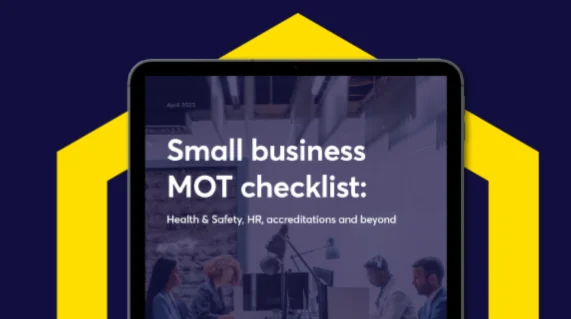So Brexit has finally taken place but what does it mean for UK employers?
The truth is very little in the short term because under the EU (Withdrawal Agreement) Act 2020, we have now entered a transition period which will run until 31 December 2020. During this time, things will continue pretty much as before, including freedom of movement between the EU and the UK.
What is the position for employees who were resident in the UK on January 31st 2020?
All EU citizens already living in the UK as of January 31st 2020 have the right to remain in the UK but will need to apply for either Settled or Pre-Settled status by June 30th 2021.
What about EU citizens coming into the UK after January 31st 2020?
Anyone arriving in the UK during the transition period (up to December 31st 2020) will be able to remain but will have to apply for Pre-Settled status.
What about EU citizens who wish to move to the UK after December 31st 2020?
Their ability to live and work in the UK will depend on the new immigration rules which are due to be published later this year and come into force from January 1st 2021.
What do we know about the new rules?
Many sectors of the UK’s economy are currently heavily reliant on EU members of their workforce and therefore they are looking for reassurance that they will not find themselves deprived of ready access to these potential candidates in the future in an already very challenging recruitment market.
There has been much talk of moving exclusively to an Australian-style point-based system but when the Migration Advisory Committee’s published its long-awaited report last month, it recommended a mixed approach with a minimum salary threshold for those who have a job offer in place and a points-based system for those who want to move to the UK without a job offer. They also recommended that the minimum salary threshold which they had previously advised should be set at £30,000, should be reduced to £25,600. The suggested reduction is unlikely to ease the concerns of employers in sectors such as social care, retail and construction. With effective workforce planning becoming increasingly important in the post-Brexit era, clarity on the new immigration rules is eagerly awaited.








